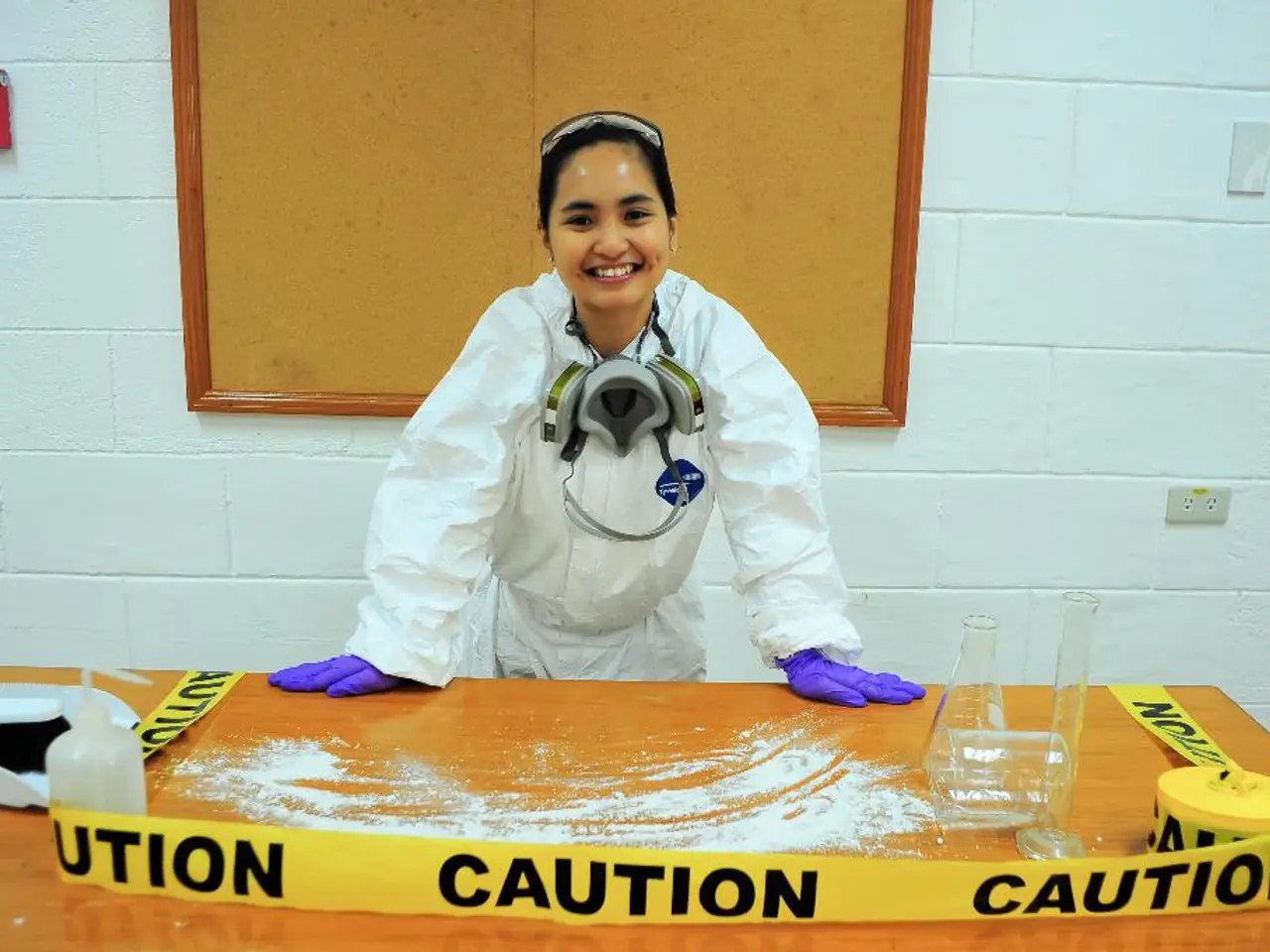Reviving Intimacy Past Fifty: A Guide to Reconnecting Sexually During Menopause
In the journey of life, menopause signifies a significant transition for many women, including changes in sexual desire and intimacy. Understanding these changes and embracing them with the right information, support, and strategies can lead to a more fulfilling sexual life and improved overall well-being.
Recognizing changes in sexual desire is crucial, as some changes may be problematic and require attention. Menopause can bring about changes in libido, comfort, and emotional intimacy for many women, leading to curiosity and concern. However, with a holistic approach that addresses physical, psychological, and relational aspects, women can navigate this stage with confidence and even discover new aspects of their sexuality.
A holistic approach to addressing sexual dysfunction during menopause involves optimizing hormonal therapy, managing vaginal health, addressing psychological and lifestyle factors, and seeking psychotherapy and sexual counseling when needed.
Optimizing Hormonal Therapy: Local vaginal oestrogen therapy, such as creams, tablets, and rings, is highly effective and safe for treating vaginal dryness and discomfort. Systemic menopausal hormone therapy (MHT) can help maintain libido and alleviate other menopausal symptoms affecting sexual health, but optimal dosing and formulations should be tailored individually. Alternatives like tibolone may be more effective in treating low libido than conventional MHT.
Managing Vaginal Health: Using vaginal moisturizers and lubricants provides temporary relief of dryness during intercourse. Emerging options like vaginal DHEA cream and ospemifene tablets may be considered where available. Vaginal laser therapy is an option, but requires further research for long-term safety and effectiveness. Regular sexual activity or masturbation promotes vaginal blood flow, which can help maintain vaginal tissue health.
Addressing Psychological and Lifestyle Factors: Evaluating and treating depression, anxiety, and stress, which often impact sexual desire and satisfaction, is essential. Taking care of general health issues like fatigue, iron deficiency, or thyroid dysfunction that impair energy and libido is also crucial. Considering the effects of medications, especially some antidepressants, on sexual responsiveness and discussing alternatives if needed is important.
Psychotherapy and Sexual Counseling: Couples’ sexual counseling helps partners communicate needs and expectations, improving emotional intimacy and sexual satisfaction. Cognitive Behavioral Therapy (CBT) and specifically Mindfulness-Based Cognitive Behavioral Sex Therapy (MBCST) can improve sexual desire and address psychosexual issues. Combining medical treatments and psychotherapy often yields better outcomes since sexual problems are usually multifactorial.
Open and honest communication with one’s partner about sexual needs, desires, and any difficulties is crucial. Discussing sexual concerns can prevent emotional distancing and relationship breakdowns. Participating in counseling together can foster mutual understanding and discover new ways to enjoy intimacy comfortably. Developing self-awareness about how emotional, cultural, and body image factors influence sexual satisfaction helps women articulate their needs more clearly.
Regular physical activity can boost energy levels, improve body image, reduce stress, and contribute to a healthier sex life. Stress significantly impacts libido and sexual function during menopause, and implementing stress management techniques like meditation, journaling, and deep breathing exercises can help alleviate symptoms and improve sexual desire.
There is no "normal" frequency of sexual activity after menopause; every woman's experience is unique. Nutrition plays a crucial role in maintaining hormonal balance and supporting sexual function by incorporating foods rich in omega-3 fatty acids, antioxidants, and vitamins C and E. Contrary to popular belief, sex after menopause can be enjoyable and satisfying.
In conclusion, maintaining a fulfilling sexual life through and beyond menopause requires a combination of medical treatments (especially hormone therapies), psychological support, lifestyle adjustments, and importantly, open communication with partners. Tailored strategies addressing physical symptoms and emotional intimacy help women navigate changes in sexual function and achieve satisfying relationships.
- A holistic approach to addressing sexual health concerns during menopause involves addressing not just hormonal imbalances, but also psychological and lifestyle factors that can impact sexual desire and satisfaction.
- Maintaining long-term vaginal tissue health during menopause can be achieved through regular sexual activity or masturbation, as well as the use of lubricants and moisturizers.
- Open communication with one's partner about sexual needs, desires, and any difficulties is essential, as it helps prevent emotional distancing and relationship breakdowns and promotes mutual understanding and exploration of new ways to enjoy intimacy during menopause.




